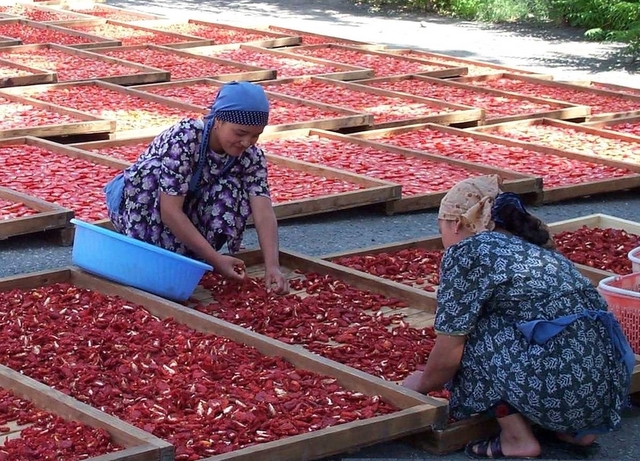Revisiting Strategies for Post-Conflict Economic Recovery: Assessing the Findings of the 2011 World Development Report
The Center for Sustainable Economies at the United States Institute of Peace will host a two-day eSeminar in partnership with Economists for Peace and Security on August 3-4, 2011 to consider effective economic reconstruction strategies for countries/regions that have been affected by violent conflict.

The Center for Sustainable Economies at the United States Institute of Peace will host a two-day eSeminar in partnership with Economists for Peace and Security on August 3-4, 2011 to consider effective economic reconstruction strategies for countries/regions that have been affected by violent conflict. A panel of experienced scholars and practitioners will evaluate new research presented in the World Bank’s 2011 World Development Report: Conflict, Security and Development and offer thoughts on the design, implementation and monitoring of conflict-sensitive initiatives.
Opening remarks and the position papers will be posted on the eSeminar page at 9:00am when the eSeminar starts on August 3, 2011. Most of the group of experts will be available to respond to your comments and questions for the duration of the eSeminar.
This eSeminar will be hosted on USIP’s International Network for Economics and Conflict and will focus on the robustness, policy-relevance and applicability of economic programs in challenging environments. The discussions will be moderated by the director of USIP’s Center for Sustainable Economies, Raymond Gilpin, and guided by position papers prepared by the following:
- Jomana Amara
Assistant Professor of Economics, Naval Postgraduate School
- Robert Aten
Development Professional and Recently retired Leader, Economic Growth Team, U.S. Agency for International Development
-
Tilman Brück
Head of the Department of International Economics German Institute for Economic Research -
Sasha Lezhnev
Executive Director and Co-founder, Grassroots Reconciliation Group -
Domenico Lombardi
Senior Fellow, Global Economy and Development Brookings Institution - Vijaya Ramachandran
Senior Fellow, Center for Global Development
-
Raymond Gilpin, Moderator
Director, USIP Center for Sustainable Economies
Explore Further
- View the World Bank's World Development Report 2011
- View INEC Resources on:
- View Sustainable Economies work on Responsible and Sustainable Development



